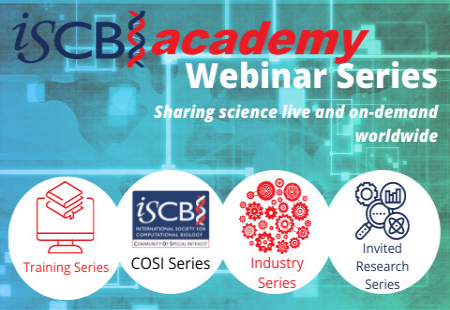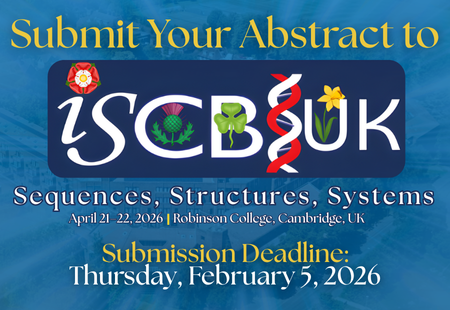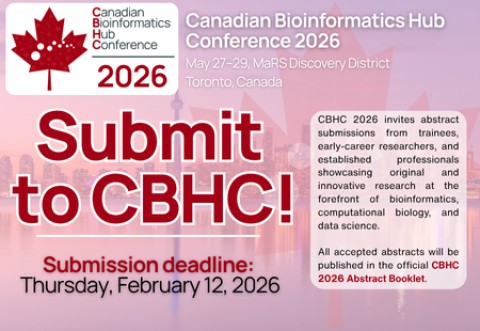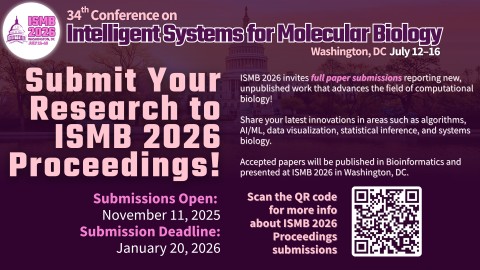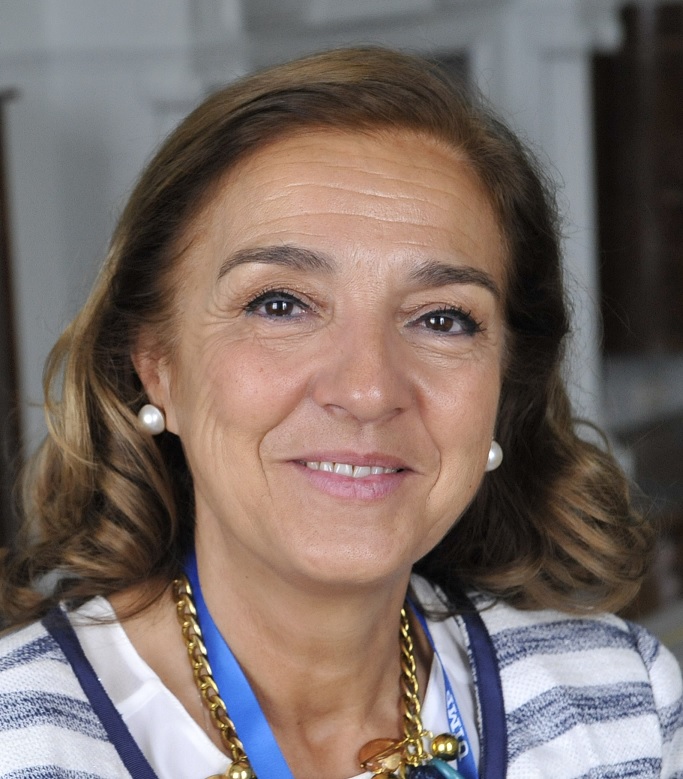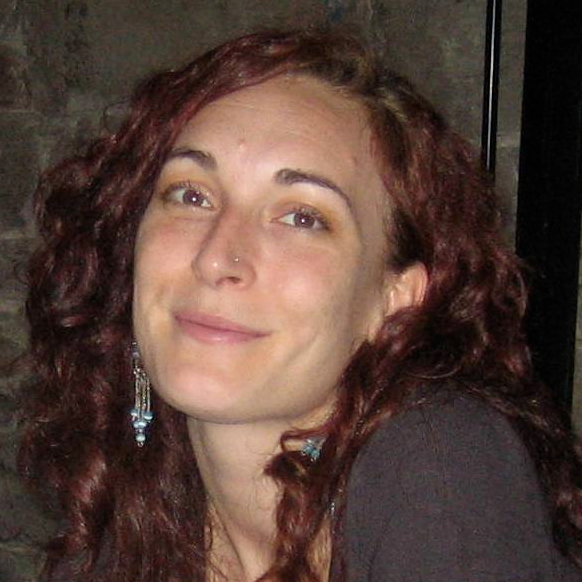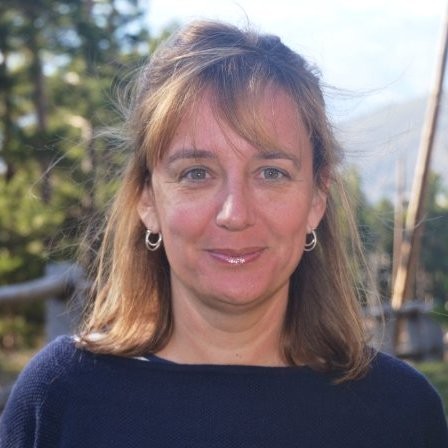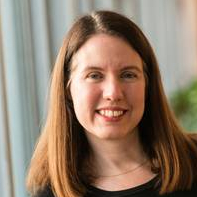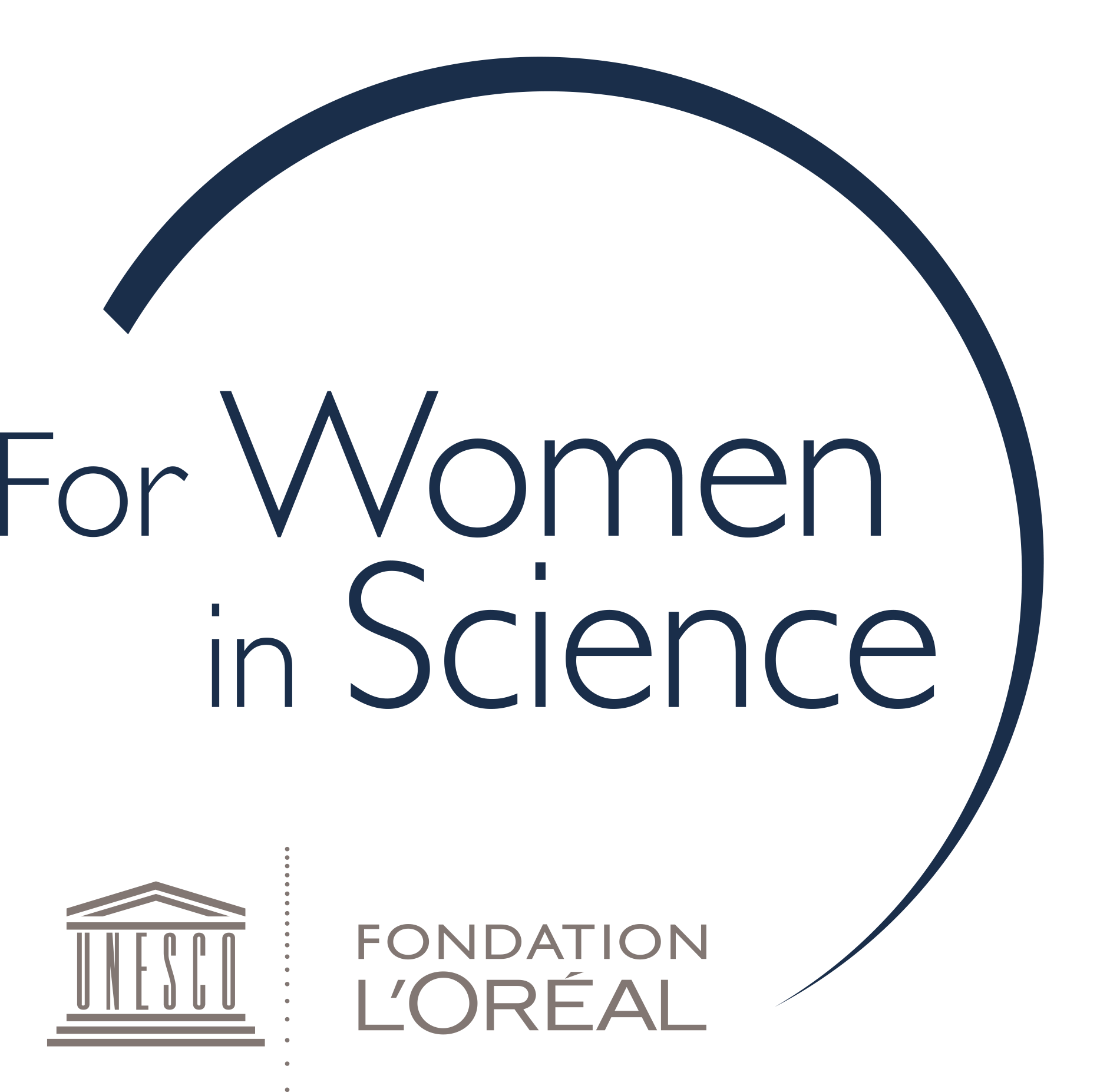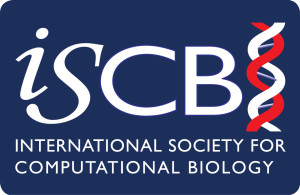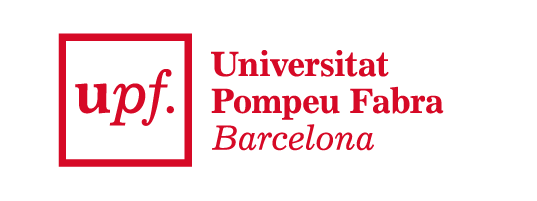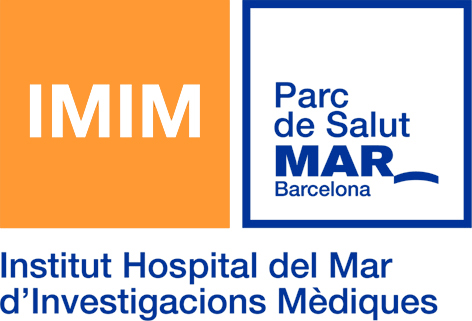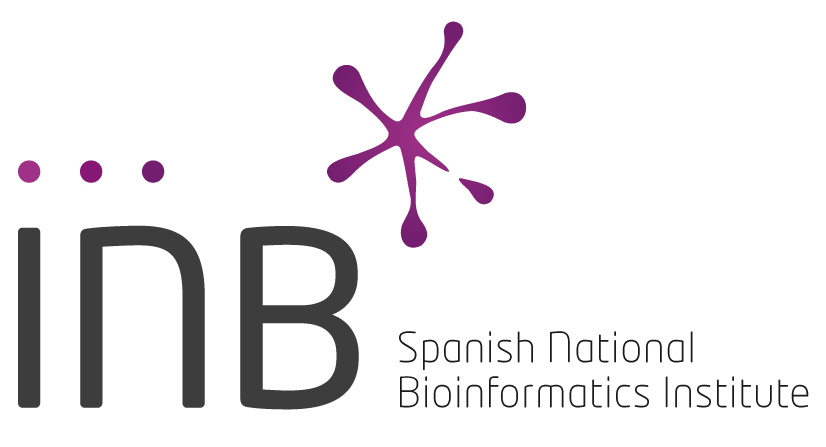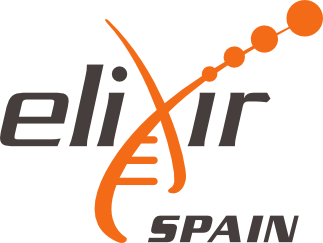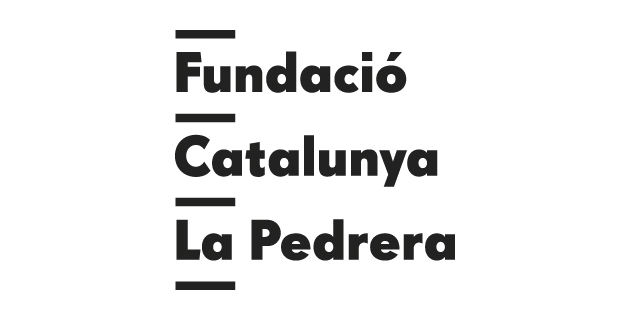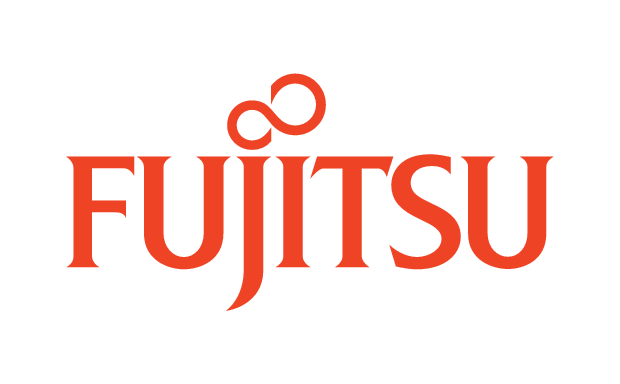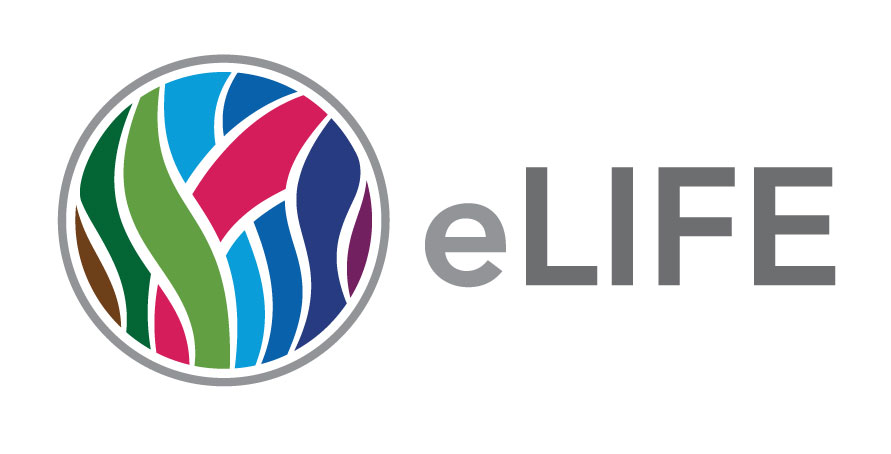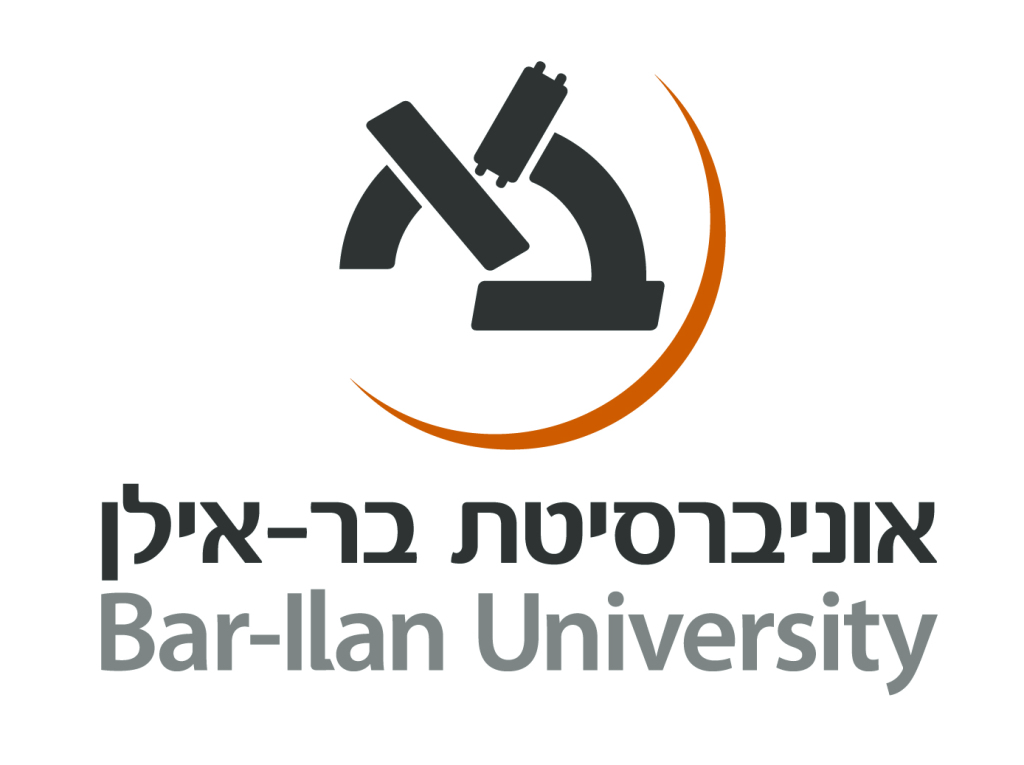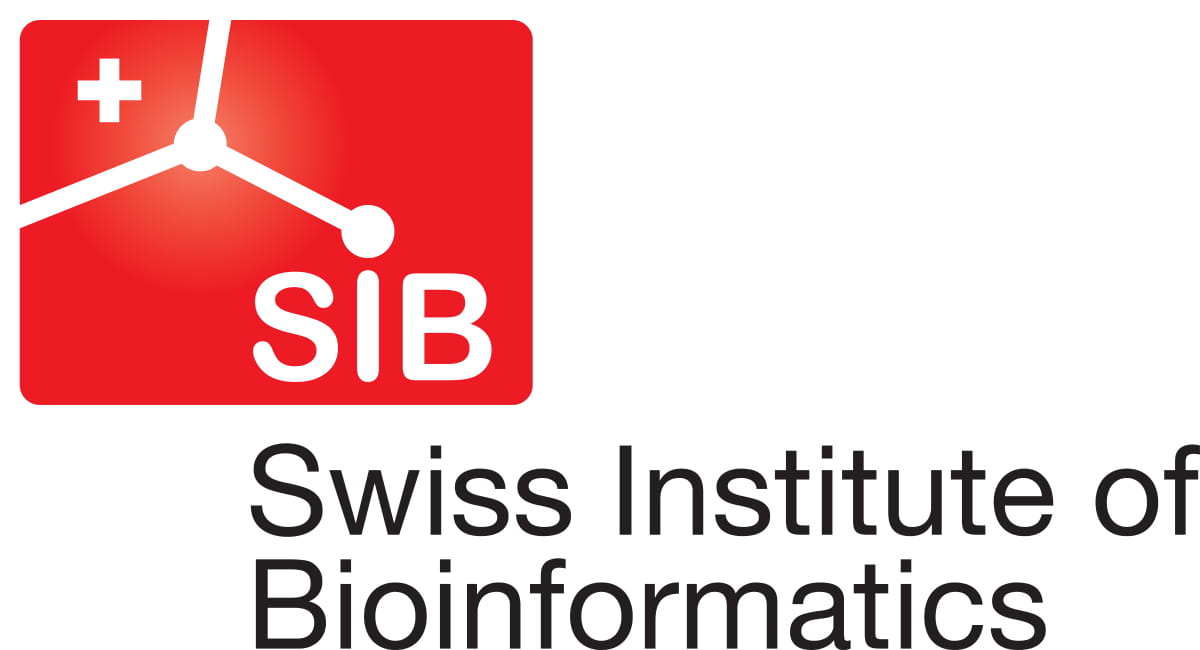NETWORKING ACTIVITY

How much do you know about Biology, Computer Science and the pioneer women that first contributed to these fields?
You can learn about it while you meet AdvCompBio 2019 participants in the networking activity organized by RSG-Spain, the Spanish ISCB Regional Student Group, that will take place on Friday, 29th of November, from 16:10h to 17:30h in the La Pedrera Auditorium.
Working in teams of interdisciplinary backgrounds, participants will combine their knowledge and join their strengths to solve an interactive quiz on Computational Biology, with a special focus on the women that moved it forward.
This networking activity is open to all AdvCompBio 2019 attendees!
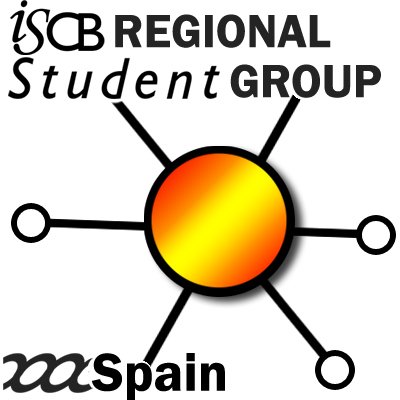
- top -
SCHEDULE
Vote the best posters of Thursday's session
Vote the best posters of Friday's session



|
Thursday, November 28th 2019
|
08:00 - 09:00
|
REGISTRATION |
09:00 - 09:25
|
WELCOME - Chair: Rosa M. Badia
- Janet Kelso, Group leader, Max Planck Institute for Evolutionary Anthropology
- Alison Kennedy, Director, STFC Hartree Centre
- Núria López-Bigas, ICREA Research Professor and Group leader, Institute for Research in Biomedicine Barcelona
- Carla Conejo, Scientific Projects Leader, Area of Knowledge, Education and Research at Fundació Catalunya La Pedrera
- Àngels Chacón, Minister of Business and Knowledge, Government of Catalonia
|
| 9:25 - 10:10 |
KEYNOTE TALK - Chair: Janet Kelso
Christine Orengo (UCL): "CATH Functional families - insights into impacts of genetic variations"
|
10:10 - 11:10
|
PLENARY SESSION 1 - Chair: Janet Kelso
- Compute02: An RPCA (Robust Principal Component Analysis) based approach for protein-protein interaction hot-spot prediction, Divya Sitani
- BioMed03: Predicting synthetic lethal interactions using conserved patterns in protein interaction networks, Frances Pearl
- BioSeq01: Characterization of Selenoprotein Gene Expression across Tissues and Individuals, Aida Ripoll-Cladellas
|
11:10 - 11:40
|
Coffee break |
11:40 - 13:00
|
PLENARY SESSION 2 - Chair: Alison Kennedy
- BioSeq06: Go low with ATLAS: a tool for maximizing insight from minimal sequencing depth, Vivian Link
- BioSeq02: Tools for transforming multiomics data into disease models, Ana Conesa
- BioSeq05: Genomic based drug repurposing screen for Rett syndrome, Irene Unterman
- Compute05: DLMF: Deep Logistic Matrix Factorization with multiple information integration for drug-target interaction prediction, Sarra Itidal Abbou
|
13:00 - 14:00
|
Lunch + Poster session I |
14:00 - 14:45
|
KEYNOTE TALK - Chair: Alison Kennedy
Marie-Christine Sawley (Intel): "Data centric large scale computing, a powerful scientific instrument for life and science"
|
14:45 - 16:05
|
PLENARY SESSION 3 - Chair: Rosa M. Badia
- BioSeq03: Widespread sexual dimorphism in genetic architecture in UK Biobank, Elena Bernabeu
- BioSeq04: Fine-mapping UK Biobank traits GWAS using bayesian algorithms and chromatin annotation data, Erola Pairo-Castineira
- Compute03: Automated extraction of color pattern and anatomical characteristics in dairy cows, Jessica Nye
- Compute04: The human heart seen by the eyes of a computer scientist, Marta Garcia-Gasulla
|
| 16:05 - 16:10 |
Group picture
|
16:10 - 17:10
|
Coffee break + Meeting with Women leaders (prior confirmed registration) + Poster session I
|
17:10 - 18:50
|
PLENARY SESSION 4 - Chair: Núria López-Bigas
- BioMed05: Insight into genetic predisposition to chronic lymphocytic leukemia from integrative epigenomics, Renée Beekman
- BioMed01: OncodriveCLUSTL: a sequence-based clustering method to identify cancer drivers, Claudia Arnedo-Pac
- BioMed02: Detecting aberrant integrations of viral DNA that promote major restructuring of cancer genome architecture, Eva G Alvarez
- Compute01: Discriminating Early- and Late-Stage Cancers Using Multiple Kernel Learning on Gene Sets, Arezou Rahimi
- BioMed04: Mechanistic approach for optimal model selection in cancer research, Inmaculada Álamo-Álvarez
|
18:50 - 19:20
|
Theater performance |
| 20:30 |
Networking Conference Dinner (prior registration, 7 Portes Restaurant)
|
| |
|
|
Friday, November 29th 2019
|
09:00 - 09:45
|
KEYNOTE TALK - Chair: Núria López-Bigas
Natasa Przulj (BSC, ICREA): "Towards Data-Integrated Medicine"
|
09:45 - 10:45
|
PLENARY SESSION 5 - Chair: Mar Albà
- BioSeq26: Dynamic hyper editing underlines temperature adaptation in Drosophila, Ilana Buchumenski
- BioSeq29: Benchmarking coevolution methods, Rocío Rama Ballesteros
- BioMed21: Computational challenges associated to plasmid mediated AMR spread, Alice Ledda
|
10:45 - 11:15
|
Coffee Break |
11.15 - 12:35
|
PLENARY SESSION 6 - Chair: Marta Melé
- BioMed22: Cell-intrinsic core-regulatory circuits driving tumor-related phenotypes with the I3-OncoNet cycle, Julia Puig
- BioSeq28: Single-cell transcriptomics analysis reveals the dynamics of alternative polyadenylation during cell cycle progression, Mireya Plass
- Compute15: An atomistic molecular dynamics simulations approach to the study of h-LDHA inhibition, Antonia Vyrkou
- BioSeq27: Comparative epigenomics determines the enhancer sequence code of pluripotent embryonic stem cells and facilitates the creation of synthetic enhancers, Jennifer Mitchell
|
12:35 - 14:45
|
Lunch + Poster session II |
14:45 - 15:45
|
Panel discussion "Challenges of Artificial Intelligence in Biomedical Research" (ACM-WE & RSG-Spain) |
15:45 - 16:10
|
Closing remarks and Best Poster and Oral presentation awards - Chairs: Janet Kelso, Alison Kennedy and Núria Lopez-Bigas
|
16:10 - 17:00
|
Guided visit to La Pedrera (prior registration) |
16:10 - 17:30
|
Networking activity (RSG-Spain) |
- top -
MEETING WITH WOMEN LEADERS
Thanks to the L'Oréal-UNESCO For Women in Science initiative the participants will have the opportunity to interact personally with women leaders in the fields of IT, academia research and politics that support the conference, in small round tables and in an informal, relaxed environment.
- Carmen Vela Olmo. Former Secretary of State for Research, Development and Innovation (SEIDI), 2012-2018.
- Ángeles Delgado. President of Fujitsu in Spain.
- Gemma Fargas Ribas. Vice-Chancellor of Social Responsibility and Equality of the Polytechnic University of Catalunya BarcelonaTech (UPC).
- Guayente Sanmartin. General Manager of the HP’s Large Format Design Business.
- Sonia Ruiz.Director of the Gender Mainstreaming Department, Barcelona City Council.
- Cristina Espinosa. Associate Director of Policy Government Affairs in Oncology of MSD. Member of the Board of Directors of the Spanish Chapter of the ISPOR Society.
- Janet Kelso. Group leader of the Minerva Research Group for Bioinformatics, Max Planck Institute for Evolutionary Anthropology.
This activity requires prior registration and is free of charge. There are limited places, the organization will contact attendees to inform on the table they have been assigned to.
- top -
PANEL DISCUSSION (ACM-WE & RSG-Spain)

CHALLENGES OF ARTIFICIAL INTELLIGENCE IN BIOMEDICAL RESEARCH
Artificial intelligence (AI) is gradually transforming a wide range of sectors, including medicine and life sciences. In the near future, AI is expected to bring innovations in healthcare, medical data processing systems, and biomedical research. However, the current limitations of AI, including the reliability of the methods, data and gender biases and ethical concerns, remain a challenge. Successful applications of AI will rely on the fruitful combination and collaboration of specialists in AI and biomedicine. The panellists will share the state of the art information and discuss both relevant topics and future directions of AI in biomedical research.
The panel discussion "Challenges of Artificial Intelligence in Biomedical Research" will take place on Friday, November 29th, from 14:45h to 15:45h in the La Pedrera Auditorium as part of the scientific programme. This activity is organised by the ACM Women Europe (ACM-W Europe) and the ISCB Regional Student Group Spain (RSG-Spain).
Moderators:
Bedour Alshaigy (ACM-W Europe) and Carlota Rubio (RSG-Spain)
Panellists:
Ángela del Pozo Maté has a degree in Physical Sciences from the Autonomous University of Madrid with the specialities of Solid State Physics and Theoretical Physics. She began as a bioinformatician in 2004, and since then she has worked in leading national research centres such as the National Biotechnology Center (CNB-CSIC) and the National Oncology Research Center (CNIO). Previously, she developed her research work in private companies as an R&D analyst, developing and implementing solutions based on Artificial Intelligence and Pattern Recognition applied to the area of document processing. Currently, she coordinates the Bioinformatics Section of the Institute of Medical and Molecular Genetics (INGEMM) of La Paz University Hospital in Madrid where it is carried out the analysis of the diagnostic studies based on NGS. During this time, she has published more than 30 scientific articles, has participated in numerous international conferences and has been part of competitive projects financed in public and private calls as principal and associate researcher. Her scientific interests are focused on human genetics and the study of the pathogenic mechanisms involved in diseases. Her expertise is related to the processing and analysis of genomic data from omics techniques of DNA and RNA sequencing, as well as the development of integrative methodologies of such data.
Laia Subirats is a data science researcher at Eurecat - Technology Centre of Catalonia and a part-time lecturer at the Open University of Catalonia. She holds an MSc in Telecommunications Engineering by Pompeu Fabra University, an MSc in Telematics Engineering by the Technical University of Catalonia, and a PhD in Computer Science by Autonomous University of Barcelona. Since 2006, she has worked in the field of research and innovation, and since 2016, she has also been a lecturer at university. She has worked in national and international centres (Eurecat, Telefónica R&D and European Organization of Nuclear Research (CERN)) and initiatives such as the Google Summer of Code. She is the co-author of more than 25 scientific publications in journals and congresses and one international patent. She has participated in collaborative national and international research projects, and she has been a speaker at different courses, conferences, and congresses. She is interested in spreading science, in encouraging women to pursue technical careers and in the use of free software.
Núria Castell is an associate professor at the Computer Science Department of Universitat Politècnica de Catalunya (UPC). Teaching at the Barcelona's School of Informatics (FIB) since 1982. Dean of FIB from June 2010 to June 2017. She is a researcher of the Natural Language Processing group (GPLN), a member of the Intelligent Data Science and Artificial Intelligence centre (IDEAI). She has participated in several national and European research projects, as well as in several international academic projects, being the coordinator in some of them. She has participated in the design of IT curricula, at national and international (Atlantis, Erasmus +) level. Interdisciplinarity is one of her skills both in research and academic projects. She participates actively in actions related to increasing the number of women in the IT area.
Vicky Schneider is an evolutionary biologist at heart and founder of Tecklings, an initiative centred around conversation and reflections on the human side of technology. Vicky is the Senior Scientific Program Manager at the Amazon Development Centre in Cambridge, UK. Previous to this, Vicky was the Deputy Director of EMBL Australian Bioinformatics Resource and Associate Professor at the University of Melbourne. Vicky was at The Genome Analysis Centre (TGAC), as part of the Senior Management Team and Head of Training and Outreach which evolved to Head of Scientific Training, Education and Learning Division. In the previous years, she was responsible for the strategic coordination and implementation of the EMBL-EBI’s User-Training programme, which provides training for the scientific users of the EMBL-EBI’s data services. Before joining the EMBL-EBI in 2007 Vicky held an Assistant Professor position at the University of Bern and the Institute for Aquatic Sciences (EAWAG) and postdocs at the University of Zurich and University of Rome (Torvergata). Vicky studied biology at the University of Rome and obtained her PhD on the evolution of sex at the University of Leiden (NL) and Lyon (France). Vicky has been extensively involved in the acquisition, management and implementation of funded research and training projects throughout my career. Vicky is a sole parent of a daughter who has travelled and moved with her as she balanced her professional and personal life.
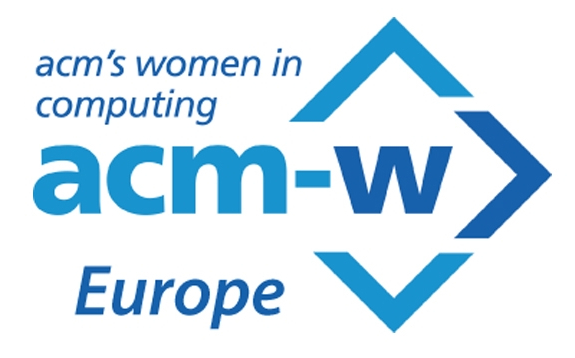

- top -
GALA DINNER
The Gala Dinner is one of the highlights of the social programme of the AdvCompBio 2019. It is an excellent opportunity to get to know and network with the Conference chairs, organizers and attendees.
The AdvCompBio Gala Dinner will be hosted at the historic 7 Portes Restaurant.
Please note that the registration fee does not include the Gala Dinner. Participants willing to join will be requested to pay 50€/person.
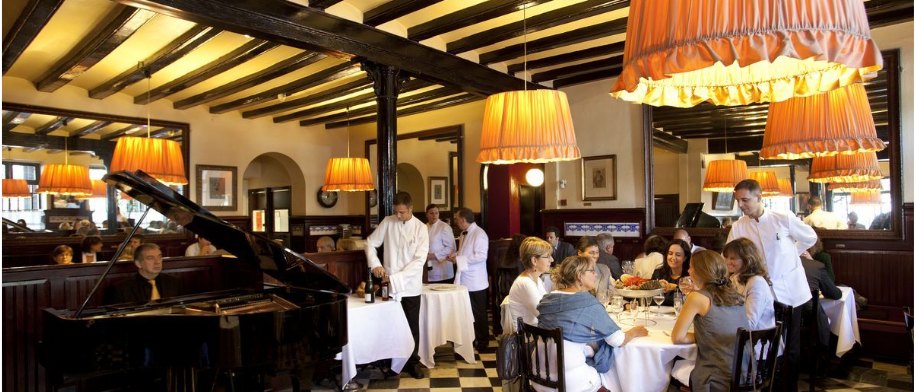
THEATER PERFORMANCE
We are pleased to announce that the programme includes a live theater performance created especially for the occasion. The piece, directed by Berty Tovias - International Teatre, will have commentary and themes from the world of science and technology, and was conceived through conversations with female scientists.
| Director |
Berty Tovias Wertheimer |
| Assistant Director |
Semih Ali Aksoy |
| Scenography |
Andre De Sa Moreira |
| Sound and Music |
Çağatay Erbaşı |
| |
Semih Ali Aksoy |
| Light |
Daniel Rodriguez Gener |
| Performers |
Cindy Claes |
| |
Eduardo Castells |
| |
Hedda Paulsen |
| |
Luna Scolari |
| |
Manon Charrier |
| |
Riccardo Forneris |
| |
Semih Ali Aksoy |
| |
Tamara Lysek |
| |
Tara Sales |
| |
Triana Doce |
| |
|
| |
|
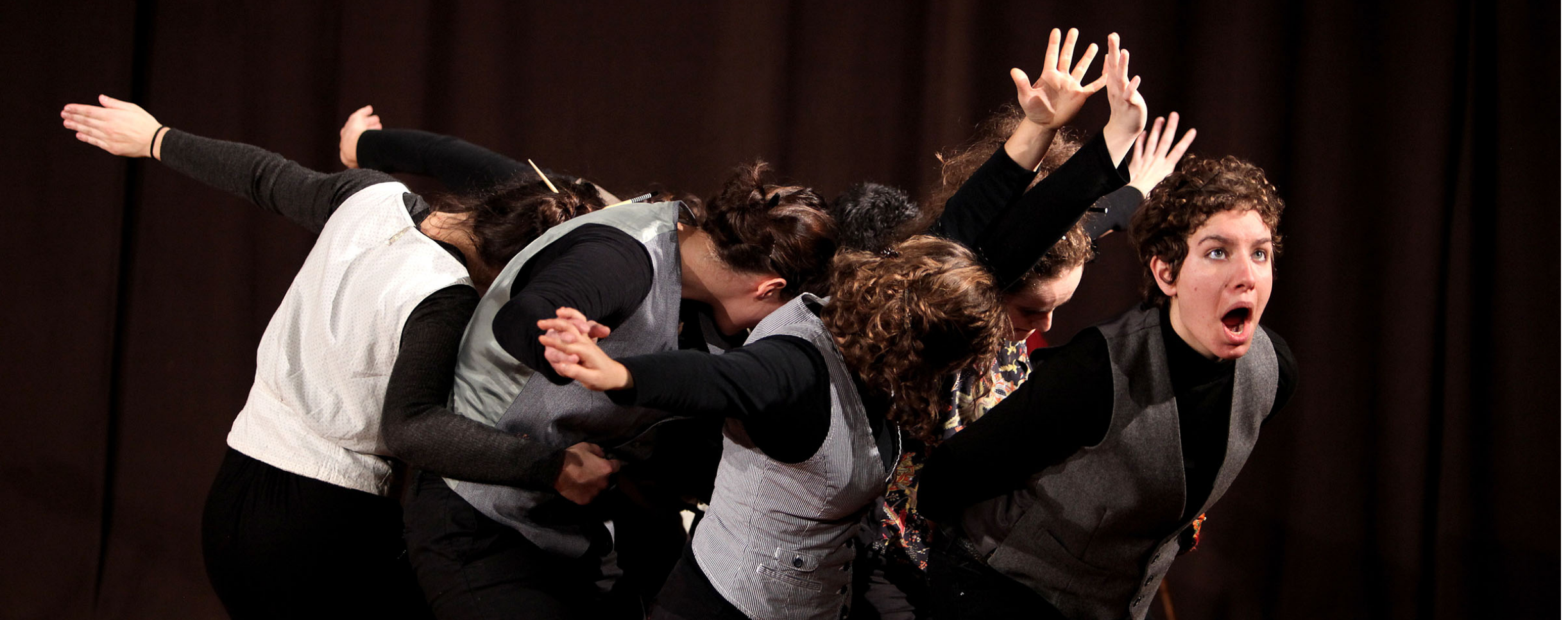
This activity is free of charge.
GUIDED TOUR - LA PEDRERA
La Pedrera (Casa Milà) was Gaudí’s last commission, a dynamic building that has been declared a World Heritage site by UNESCO and a Historical and Artistic Monument of National Interest. It has an amazing rooftop, where you will be able to enjoy spectacular views of Barcelona and Passeig de Gràcia. It is a unique space and a masterpiece of Gaudi’s imagination.
Please note that the registration fee does not include the Guided Tour - La Pedrera. Participants willing to join will be requested to pay 26€/person.

- top -
Advances in Computational Biology Conference 2019
Fostering collaboration among women scientists
The first Advances in Computational Biology conference will bring together researchers working on systems biology, omics technologies, artificial intelligence and high-performance computing with applications to biology from both the public and private sectors.
One of the main purposes of the conference is to promote and make the research done by women in the bioinformatics field visible. This is why all speakers will be women, although the conference is open to everyone. We want to create a space to foster collaborations between scientists, providing an excellent opportunity to share ideas and build research networks.
The programme will include poster and oral presentations, as well as keynotes from leading scientists in the computational biology and high-performance computing fields. The keynote speakers of the conference are: Christine Orengo, group leader of Orengo Group at University College London, Natasa Przulj, group leader of the Life Sciences - Integrative Computational Network Biology at the Barcelona Supercomputing Center and Marie-Christine Sawley, director of the Exascale Lab at Intel.
The confirmed chairs of the conference are: Alison Kennedy, director of the STFC Hartree Centre, Janet Kelso, group leader of the Minerva Research Group for Bioinformatics at the Max Planck Institute for Evolutionary Anthropology, and Nuria Lopez-Bigas, leader of the Biomedical Genomics Research Group at the Institute for Research in Biomedicine Barcelona.
Furthermore, the participants will have the opportunity to interact personally with Women leaders in the fields of IT, academic research and politics that support the conference (Carmen Vela Olmo, Ángeles Delgado, Gemma Fargas Ribas, Guayente Sanmartin, Sonia Ruiz, Cristina Espinosa, Janet Kelso).
The conference is organised by the Bioinfo4Women programme from the Barcelona Supercomputing Center (BSC-CNS) with the collaboration of IMIM-UPF Research Programme on Biomedical Informatics (GRIB), the Spanish National Bioinformatics Institute (INB/ELIXIR-ES) and the Universitat Politècnica de Catalunya (UPC). It is an affiliate conference of the International Society for Computational Biology (ISCB).
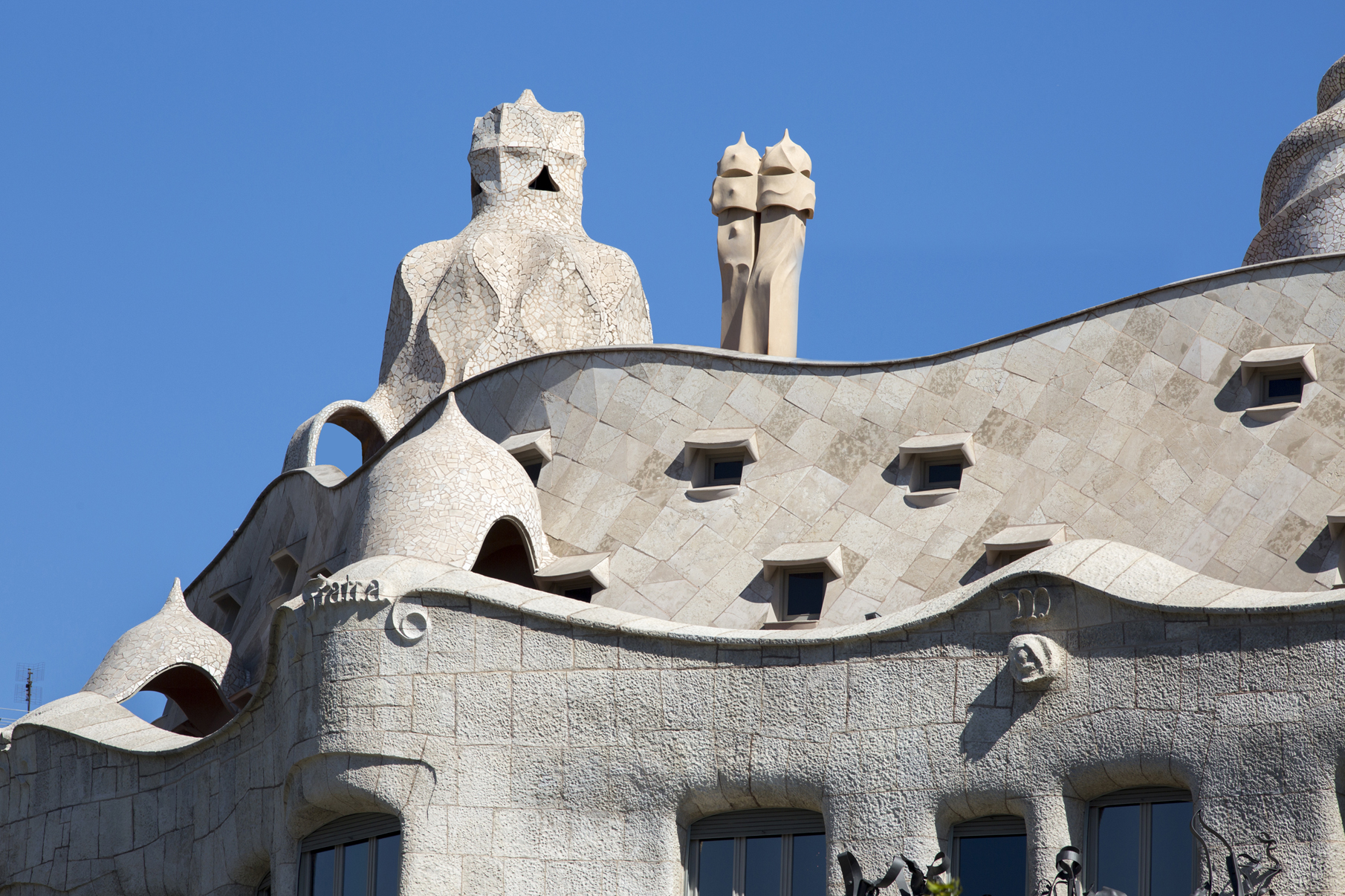
CONFERENCE ORGANIZERS
CONFERENCE SPONSORS
- top -
ISCB: A Safe Space (Code of Conduct)

ISCB works to maintain an environment that allows science and scientific careers to flourish through respectful, inclusive, and equitable treatment of others and is committed to providing a safe place for its members and nonmember participants. As a statement of principle, ISCB rejects discrimination and harassment by any means, based on factors such as ethnic or national origin, race, religion, citizenship, language, political or other opinion, sex, gender identity, sexual orientation, disability, physical appearance, age, or economic class. In addition, ISCB opposes all forms of bullying including threatening, humiliating, coercive, or intimidating conduct that causes harm to, interferes with, or sabotages scientific activity and careers. Discrimination, harassment (in any form), and bullying create a hostile environment that reduces the quality, integrity, and pace of the advancement of science by marginalizing individuals and communities. It also damages productivity and career advancement, and prevents the healthy exchange of ideas.
ISCB is committed to supporting a productive and safe working environment for all who are participating in ISCB activities, conferences, and programs. Incidents of inappropriate and uncivil behavior are taken extremely seriously. If an individual experiences or witnesses harassment, they should contact an ISCB Ombudsman (wearing the ISCB Ally ribbon) in person or email This email address is being protected from spambots. You need JavaScript enabled to view it., or use a venue phone and ask for security if they feel unsafe. All complaints will be treated seriously and responded to promptly. While ISCB is not an adjudicating body, ISCB has appointed Ombudsmen who can be consulted, give advice or help seek out appropriate authorities to further handle any form of harassment or assault. Confidentiality will be maintained unless disclosure is legally required.
All conference delegates are expected to adhere to the ISCB Code of Ethics and Professional Conduct.
- top -
ISCB Media Access Policies and Guidelines
ISCB provides complimentary press registration to pre-approved members of the working press with appropriate press credentials, and to working freelance journalists with a letter of assignment (on the publication’s official letterhead) from an editor.
Eligibility Requirements
The following individuals are eligible for press registration:
- Reporters, writers, producers, and editors as well as photographers and videographers with staff credentials from newspapers, magazines, online news services, wire services, and radio or television networks and stations
- Freelancers with assignment letters from editors of established, verifiable media outlets (Letters of Assignment must appear on the publication’s official letterhead.)
- Freelancers with at least one bylined article/report published online, in print, or broadcast by an established, verifiable media outlet during the six months prior to the meeting
- Representatives from journals that have a verifiable featured section or media outlet that reports news from the community at large with letter of assignment from the editor
- Online news services or online outlets that provide daily or weekly coverage of health and science
- Science bloggers who frequently comment about research, health issues, careers in science, or STEM education will be considered on a case by case basis.
ISCB encourages the above group to submit the media pass application in advance of the meeting. Once the media pass request is approved, a complimentary registration code will be provided.
The following individuals are not eligible for complimentary press registration:
- Writers, editors, and public relations professionals affiliated with exhibitors
- Public affairs staff from any association or organization\
- Industry representatives or financial/industry analysts
- Writers and editors for industry publications and websites
- Scholarly journal editorial staff or publishers
- Representatives from journals that do not have a featured section or media outlet that reports news from the community at large
- Representatives of public relations firms and the public relations/communications offices of industry, academic, government, and nonprofit organizations
The above individuals must register as regular attendees and pay the required registration fee regardless of affiliation with a news or trade media organization, contracted exhibitor, scientific journal, or publishing company.
ISCB reserves the right, at its sole discretion, to determine an individual’s eligibility for press registration and/or limit the number of passes available.
- top -
Press/Media Badges
Members of the working press/media whose applications for press/media credentials are approved in advance of the meeting must pick up their press/media badges and meeting materials at the registration desk upon arrival at the meeting.
Press/media badges allow access to scientific sessions and the exhibit floor. Badges do not grant access to private or ticketed events, to committee or private meetings, or to the ISCB office or other private areas. ISCB reserves the right to request a member of the press/media leave an area of its meeting space.
Press/Media who plan to register onsite should bring identification, staff credentials, assignment letters, and/or bylined articles.
While at the conference, press/media must:
- Wear or display their official ISCB press/media badge at all times while on site
- Not exchange, loan, or borrow press/media badges. Individuals who do so will be required to leave the meeting
- Follow the rules and the meeting code of conduct including the expected behavior policy
- Attend the ISCB Town Hall meeting
Approved press/media pass holders are required to provide ISCB with copies of all articles written about presentations, scientists, programs, or other activities held during or pertaining to the conference.
- top -


